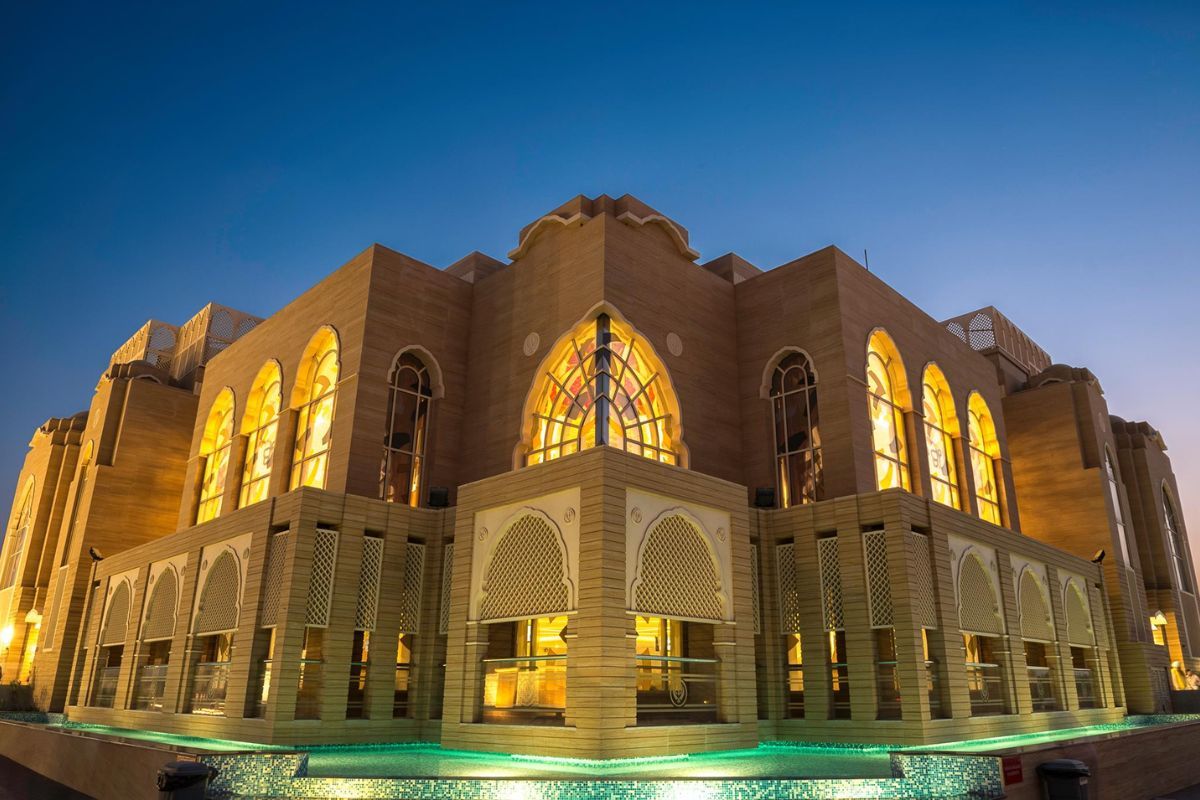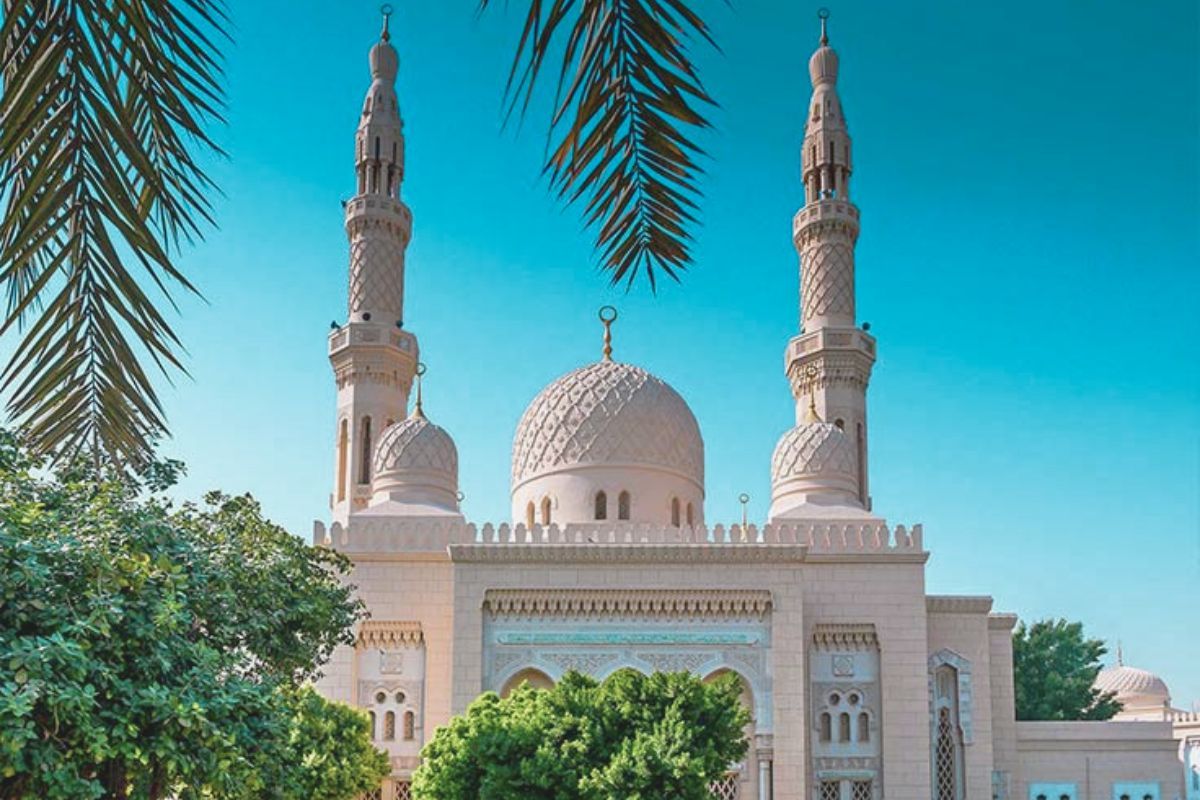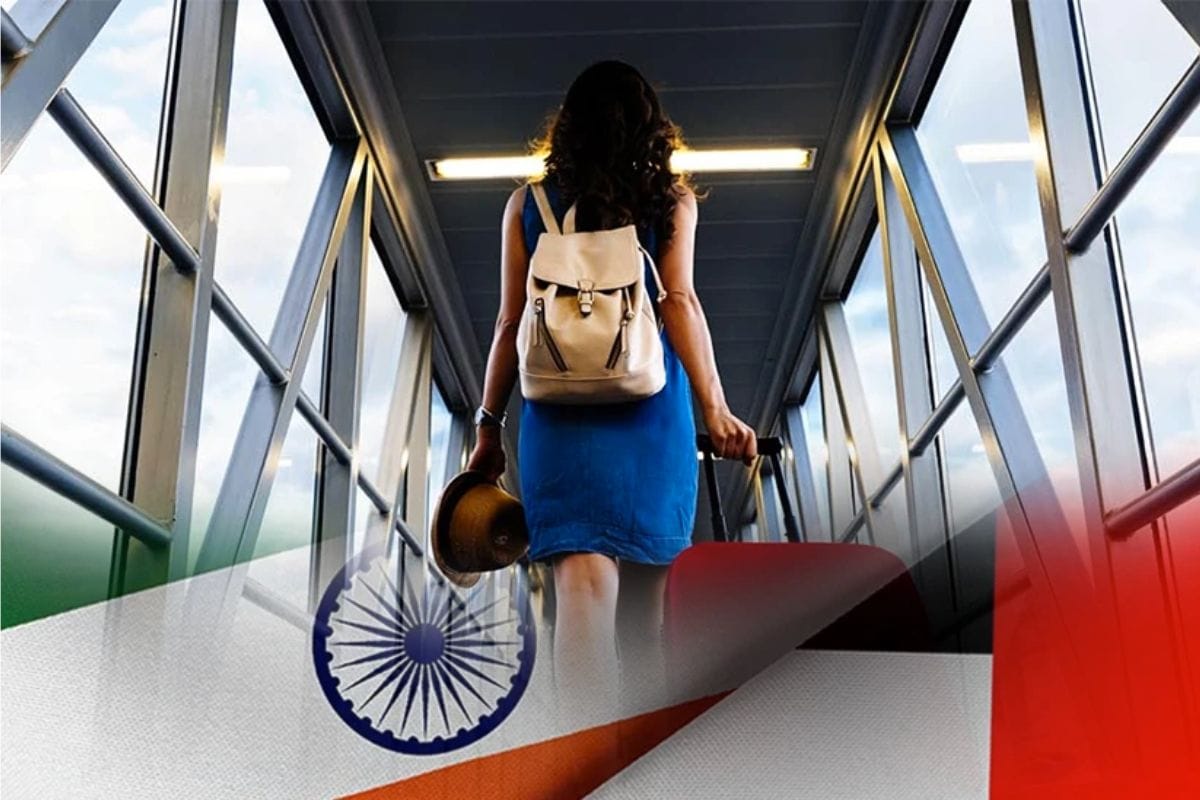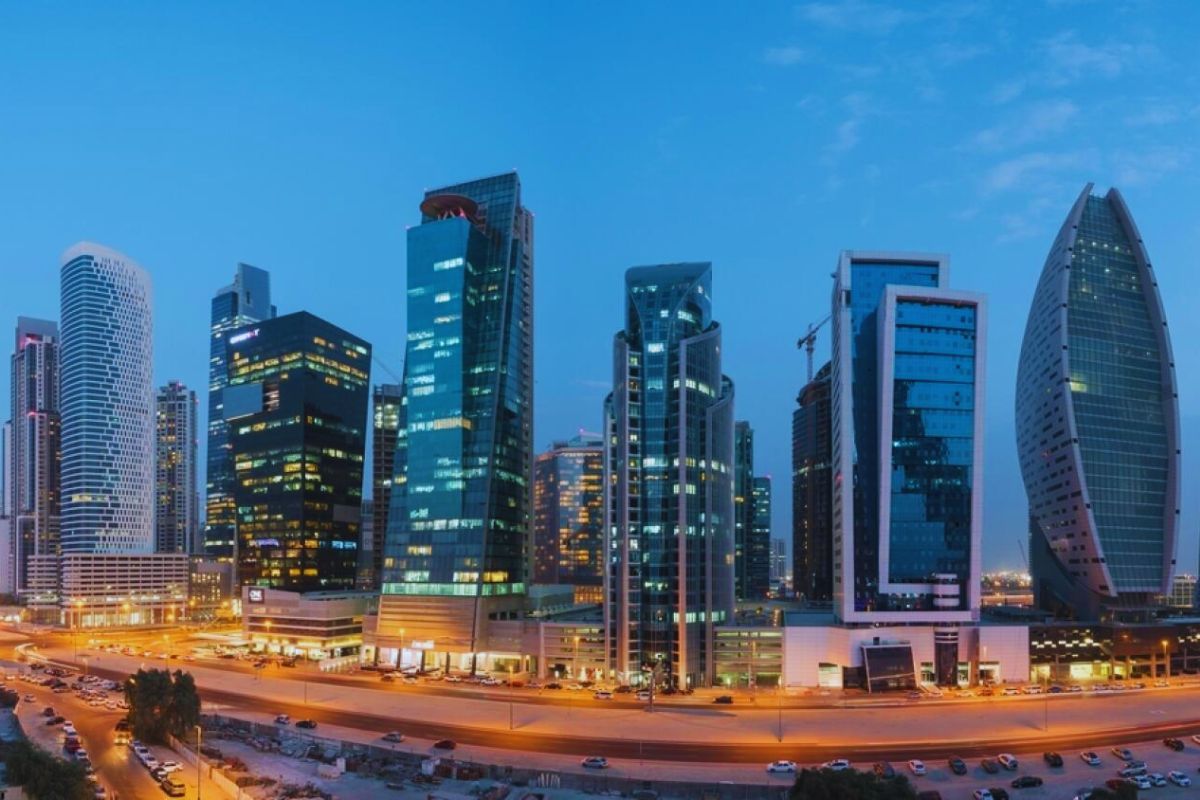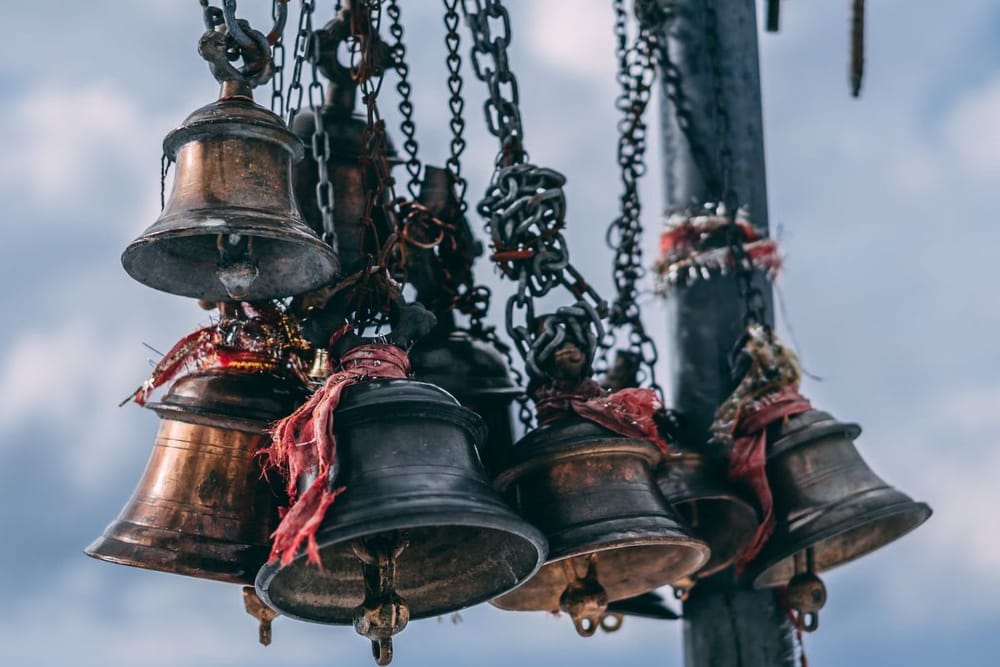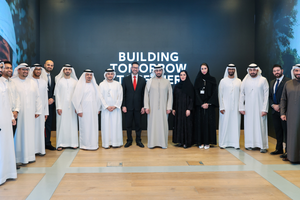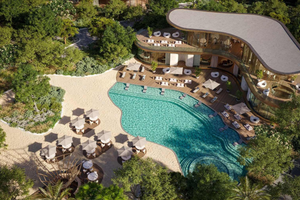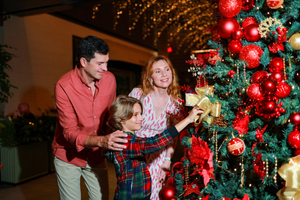Hinduism, one of the world's oldest religions, encompasses a diverse and profound set of philosophical, spiritual, and cultural traditions that originated in the Indian subcontinent. At its core, Hinduism focuses on the pursuit of truth and the understanding of the cosmos, emphasizing the attainment of 'Moksha,' or liberation from the cycle of rebirth.
Temples are vital to Hindu culture, acting as sacred venues where divinity is revered and worshipped. They are not merely places for religious rites; they are centres of cultural exchange, education, and community unity. Hinduism is known for its polytheistic nature, venerating a wide variety of deities such as Brahma the creator, Vishnu the preserver, Shiva the destroyer, as well as goddesses like Lakshmi, Saraswati, and Durga, each symbolizing different facets of existence. Temples dedicated to these deities are scattered across the globe, mirroring the expansive reach of Hinduism and its ability to integrate into various cultures and communities.
Hinduism's diverse and profound traditions find a special place in Dubai, a city celebrated for its vibrant cosmopolitan ethos. Far from the shadow of towering skyscrapers and the buzz of the souks, these temples offer a tranquil refuge and a spiritual home to the Hindu community and anyone seeking peace.
When you step into any of these temples, you're greeted with the familiar fragrance of incense, the sound of ringing bells, and the colourful depictions of gods and goddesses. These temples serve as crucial cultural and spiritual anchors for the community, preserving practices and traditions far from their native shores.
Whether residing in Dubai or just visiting, a trip to these temples can be quite enlightening. They offer a peaceful respite from the fast-paced city life, a chance to witness the cultural practices of the Hindu community, and perhaps a bit of spiritual insight. They're open to all, offering a glimpse into the lives and traditions of the Hindu community here in Dubai.
Read through the article to walk through the doors of some of these temples, exploring their histories, the deities they house, and the festivals that light them up throughout the year.
Shree Krishna Haveli (Shrinathji Temple)
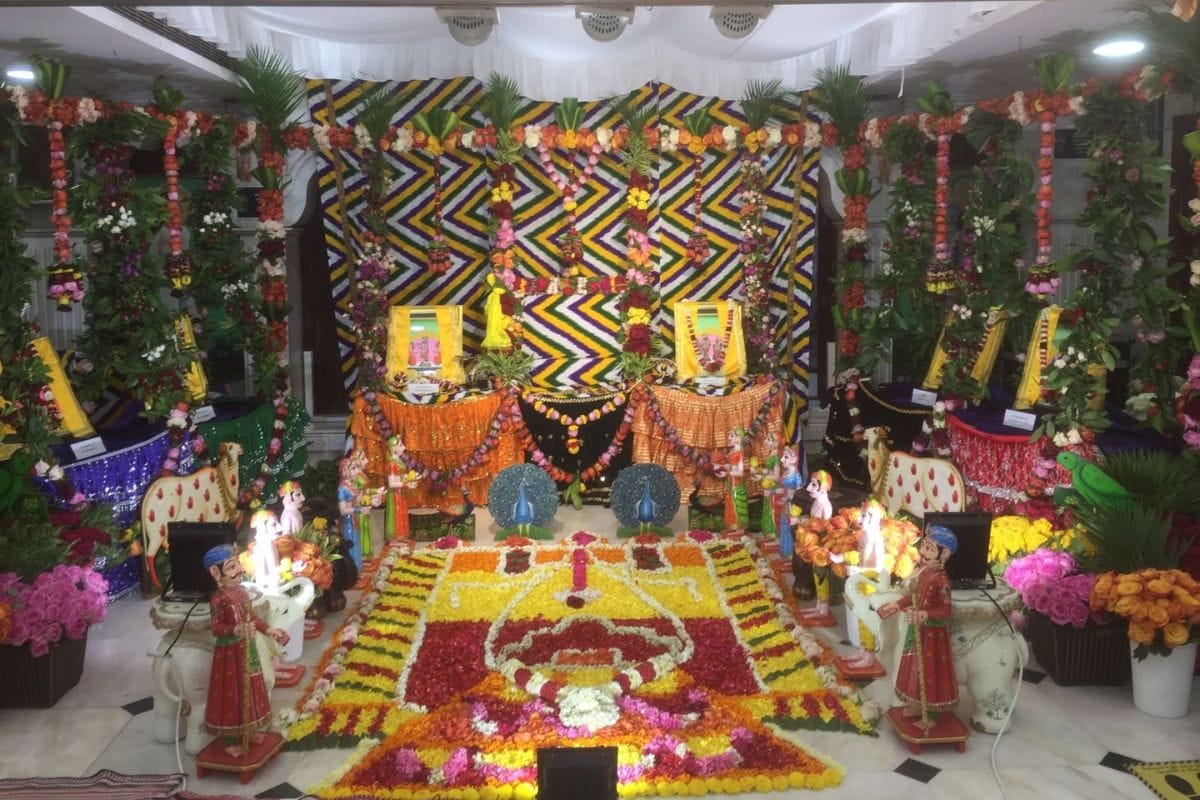
Right in the heart of Bur Dubai, near the bustling streets around Dubai Museum, stands the Shree Krishna Haveli, also known to many as Shrinathji Temple. Managed by the Mercantile Hindu Community of Thatta (Sind) - MHCT(S), this temple has been a spiritual home to the local Indian community since the early 1900s.
The temple's roots trace back to when the Thattai Bhatias, known locally as "Baniya," settled in the vicinity of Bur Dubai's creek. These early settlers, involved in pearl trading, textiles, and foodstuff, longed for a shared space to practice their faith. Initially worshipping in their homes, the community's desire for a common place of worship led to the establishment of a makeshift temple in a cowshed housing two Swaroops of Shrinathji and Lalan. Over the years, the community's dedication and collective spirit transformed this humble beginning into the splendid Haveli it is today.
In 1958, a significant milestone was reached when HH Sheikh Rashid Bin Saeed Al Maktoum graciously granted land and permission to build the temple, leading to the construction of the current structure. Since then, the Shri Krishna Temple has stood as a testament to the Hindu community's enduring faith and the welcoming spirit of Dubai.
The temple follows a schedule of Darshans, offering devotees various times throughout the day to engage in worship. Each Darshan carries a unique significance, marking different aspects of daily worship and the life of the deity Shrinathji. From the early morning Mangala Darshan, signalling an auspicious start to the day, to the evening Aarti, each ritual is infused with meaning and devotion, reflecting the deep-rooted traditions of the Vaishnavs in Dubai.
Location: Bur Ali Bin Abi Taleb Street, Behind Grand Mosque, Bur Dubai
Contact: +971 4 353 4299
Timings: 6:00 am - 10:00 pm (check darshan timings before visit)
The Hindu Temple
Built by the Mercantile Hindu Community of Thatta (Sind) - MHCT(S), a group that has been serving the Indian community in the UAE since 1902, this temple marks a significant evolution in the religious landscape of the city. It is not just another temple; it's the first independent temple in Dubai, promising to be a communal sanctuary for many.
The temple's history is intertwined with the Indian diaspora's long-standing presence in the region, dating back to early settlers primarily involved in trading. Over the years, their longing for a common place of worship led to the establishment of makeshift temples and eventually the construction of more permanent structures. The first Hindu temple in Dubai was constructed over 60 years ago in Bur Dubai, dedicated to Lord Shiva and Lord Krishna. Now, Jebel Ali's Hindu Temple is set to continue this tradition of faith and community spirit.
The Hindu Temple in Jebel Ali is an architectural marvel, blending traditional elements with contemporary designs. Its central dome and intricate marble pillars, adorned with hand-carved elephants, bells, and flowers, evoke a sense of reverence. The temple's walnut doors feature delicate craftwork, while the main prayer hall is dominated by a large, gorgeous 3D-printed pink lotus, symbolizing purity and enlightenment.
Beyond its physical beauty, the temple houses more than 16 Hindu deities, making it a comprehensive spiritual centre for various sects within Hinduism. It provides a range of facilities and services for devotees, including LCD screens in the community and knowledge area, special black stones used in creating deity sculptures, and a dedicated section for Sri Guru Granth Sahib.
For those planning to visit, the temple opens its doors from 6:00 a.m. to 8:30 p.m. daily, with special prayers and aarti conducted each evening.
Location: Jebel Ali Village
Contact: +971 56 501 8951
Timings: 6:00 am - 8:30 pm
Dubai Jain Derasar
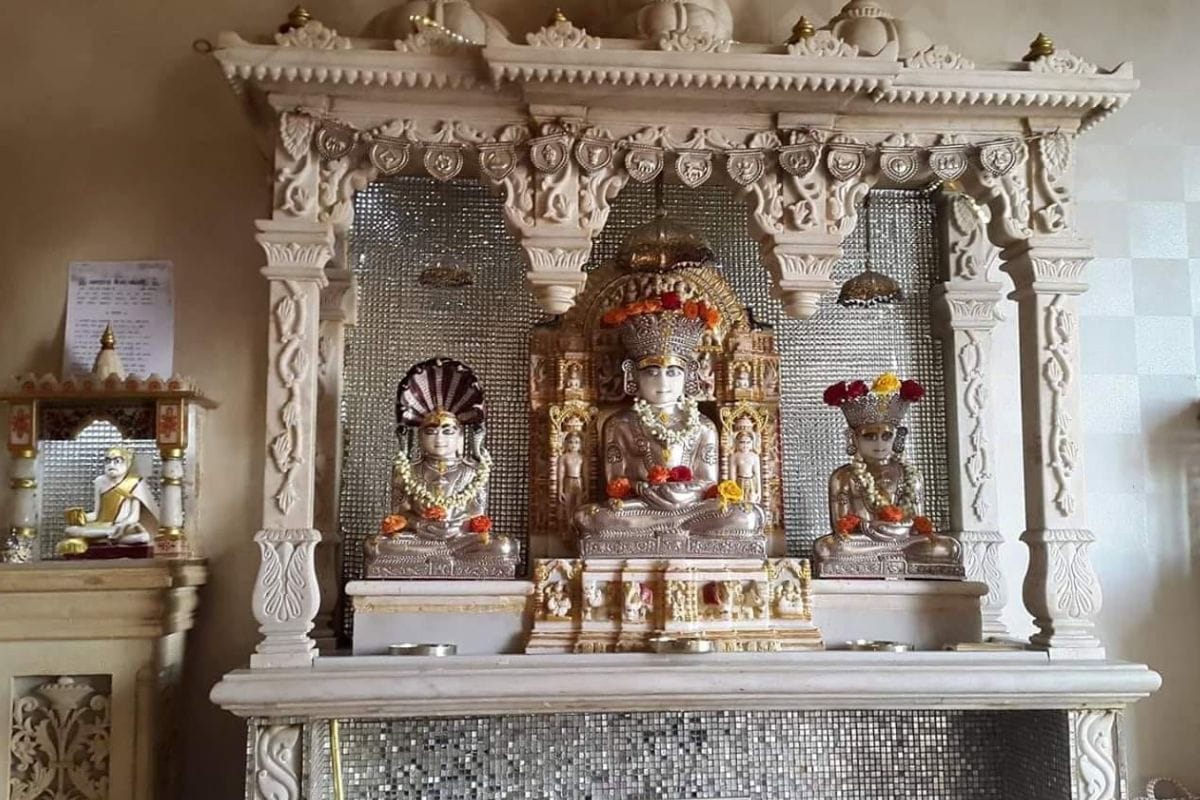
As the only Shwetamber Jain temple in the city, it offers a unique space for the Jain community and anyone interested in learning about Jainism. More traditionally known as Ghar Derasar, this home temple is particularly special for its peaceful environment, allowing devotees to engage in prayer and reflection amidst the hustle and bustle of Dubai.
The temple is dedicated to three of the most revered Tirthankars in Jainism: Lord Vimalanatha, Lord Parshwanath, and Lord Sumatinath. These Tirthankars are revered for their role in shaping Jain philosophy and ethics, and their statues in the temple provide a focal point for prayer and meditation. The temple also houses a moorti of Padmavati Mata, further enriching its spiritual ambience.
The beautiful architecture and intricate carvings of the temple reflect the artistry and spiritual depth of Jain culture. While primarily serving the local Jain population, the temple is open to visitors of all backgrounds and beliefs, making it a vibrant cultural hub.
Location: 6th Floor, Flat No. 65, Al Musslla Tower, Bur Dubai
Contact: +971 4 396 8842
Timings: 6:45 am - 9:30 pm (check darshan timings before visit)
It's now evident that these sacred spaces are more than just architectural marvels or places of worship. They are vibrant centres of culture, tradition, and community, reflecting the spirit of tolerance and diversity that characterizes this dynamic city. Each temple tells a unique story of faith, bringing together people from various backgrounds in a shared quest for peace and spiritual fulfilment.
As Dubai continues to grow and evolve, these temples stand as enduring symbols of the city's multicultural heritage and its commitment to embracing all walks of life.
Also Read:
